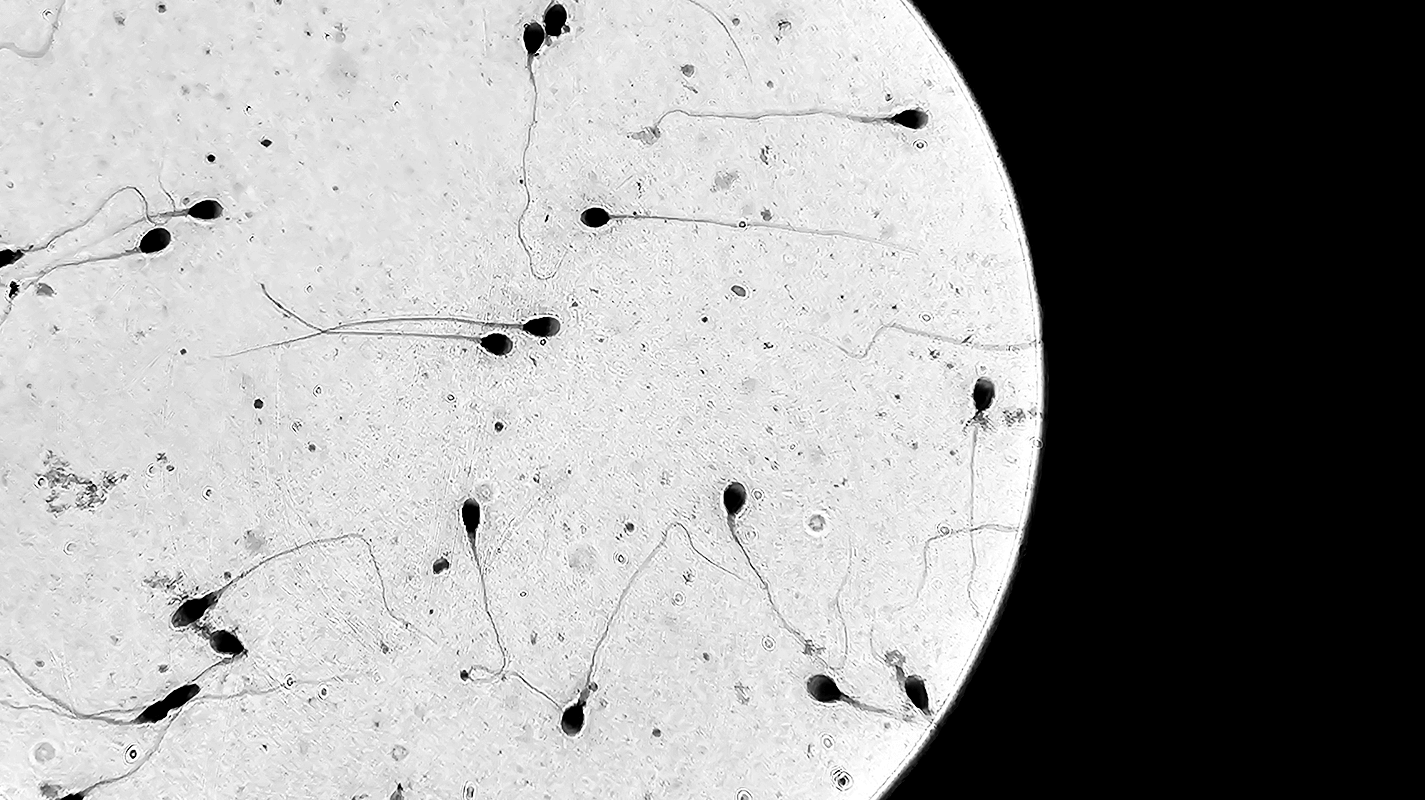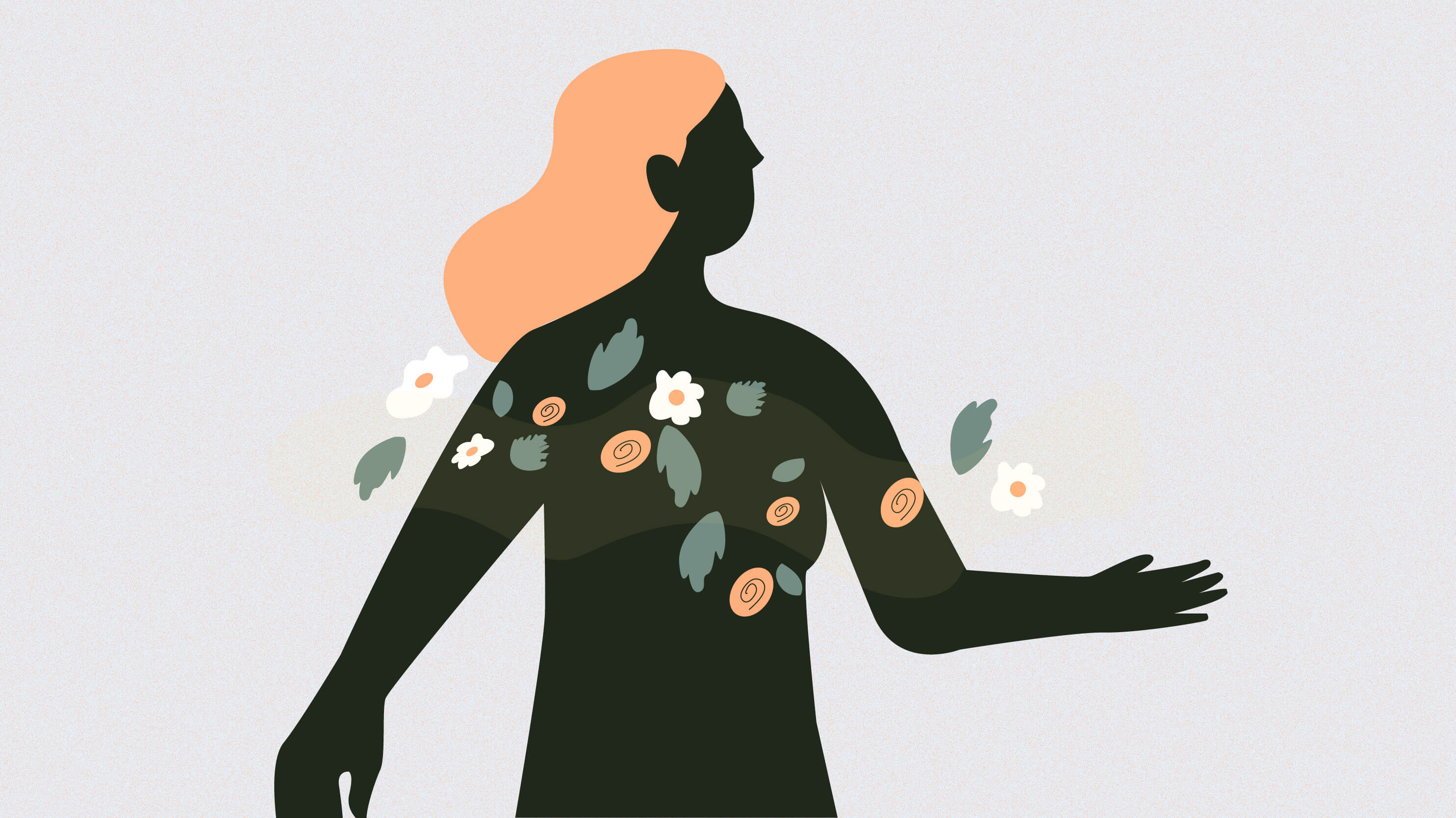Pink Month: Fertility Preservation and Breast Cancer

Every October, Pink Month reminds us of the importance of prevention and early detection of breast cancer. However, it is also an opportunity to discuss a less visible issue: the impact this disease can have on fertility.
In this blog, we explain how breast cancer can affect your fertility, what options exist to preserve it, and how at Fertilidad Integral we support you with cutting-edge technology and human warmth.
How can breast cancer affect fertility?
Breast cancer itself does not directly affect reproductive capacity, but the treatments used to fight it can have consequences on fertility. Depending on the type, dose, and duration, fertility may be affected in different ways:
- Some treatments may cause temporary infertility, making it more difficult to achieve pregnancy.
- Others may trigger irreversible menopause, leading to permanent infertility.
- In certain cases, such as with some radiotherapy regimens, fertility may not be affected. (Breast Cancer Org, 2025)
That is why each treatment must be evaluated individually, and it is essential to receive clear information about risks and preservation options before starting treatment.
Fertility preservation options
At Fertilidad Integral we offer alternatives tailored to each case:
- Egg freezing: allows eggs to be preserved at their best quality, before cancer treatments can affect the ovarian reserve.
- Embryo freezing: an option when a partner or sperm donor is available.
Each treatment is unique, and the choice will depend on a woman’s age, health status, and reproductive goals.
When is the right time to start fertility preservation?
According to the American Cancer Society (2024), fertility preservation is recommended before starting cancer treatment, since the quality and quantity of eggs are better before chemotherapy or radiotherapy affect the ovarian reserve.
It is possible to consider fertility options after breast cancer treatment, although success rates are usually lower.
Which fertility treatment is right for me?
If you have been diagnosed with breast cancer and wish to preserve your fertility, the choice of treatment will depend on your age, health status, cancer type, and the time available before starting chemotherapy, radiotherapy, or hormone therapy.
At Fertilidad Integral we carry out a personalized evaluation to determine the best option in your case. Our goal is to offer you a clear plan so you can focus on your treatment without giving up on your dream of becoming a mother in the future.
Reproductive health after breast cancer
After overcoming a breast cancer diagnosis, it is normal to wonder what will happen with fertility and the desire for motherhood in the future. Some important points to consider:
- A fertility check-up after cancer is essential to understand your current status and make informed decisions.
- Some women regain their cycles, but that does not always reflect their true fertility potential.
- If you preserved eggs or embryos, these become a valuable alternative for the future.
Our commitment at Fertilidad Integral
At Fertilidad Integral we know that every woman deserves the opportunity to decide about her reproductive future, even in the face of a breast cancer diagnosis. During Pink Month, we reinforce our commitment to providing comprehensive care that combines science, compassion, and human support.
Results that back us up:
- 996 in vitro fertilizations performed with cutting-edge technology
- 4,867 embryos cryopreserved and linked to FI families
- 84% IVF fertilization rate (vs. ≥60% minimum standard)
- 91% ICSI fertilization rate (vs. ≥60% minimum standard)
Because talking about fertility in the context of breast cancer is also talking about hope, resilience, and life projects.
Our locations:
Frequently asked questions about fertility preservation and breast cancer
1.- Does breast cancer directly affect fertility?
No. Breast cancer itself does not affect reproductive capacity, but treatments such as chemotherapy, radiotherapy, or hormone therapy can impact the ovaries and egg reserve.
2.- Do all women with breast cancer need to preserve their fertility?
Not necessarily. It depends on age, cancer treatment type, and each patient’s reproductive goals.
3.- Does fertility preservation delay the start of cancer treatment?
Generally not. Ovarian stimulation protocols to freeze eggs or embryos can be done in about 13 days, which does not interfere with cancer treatment.
4.- Is it safe to undergo these procedures in breast cancer patients?
Yes, current protocols are designed to be safe even in breast cancer cases, using medications that do not increase the risk of disease progression.
5.- What if I have already started cancer treatment?
In some cases, preservation options may still exist, but success rates are usually lower. The best approach is to consult as soon as possible to evaluate alternatives.
6.- Does preservation guarantee that I will be able to become a mother in the future?
There is no absolute guarantee, but it significantly increases the chances of achieving pregnancy after cancer.
7.- What happens if I don’t preserve my fertility before treatment?
In some cases, assisted reproductive techniques may be used after treatment, but success rates are lower, especially if ovarian reserve has been significantly reduced.
Schedule your appointment at Fertilidad Integral and receive guidance from fertility specialists. Because your reproductive future deserves care too.
References
- Breast Cancer Org. (2025). Fertility and pregnancy after breast cancer. https://www.breastcancer.org/es/organizar-la-vida/fertilidad-problemas-embarazo
- ACS. (2024). Preserving Your Fertility When You Have Cancer (Women). https://www.cancer.org/cancer/managing-cancer/side-effects/fertility/preserving-fertility-in-women.html







